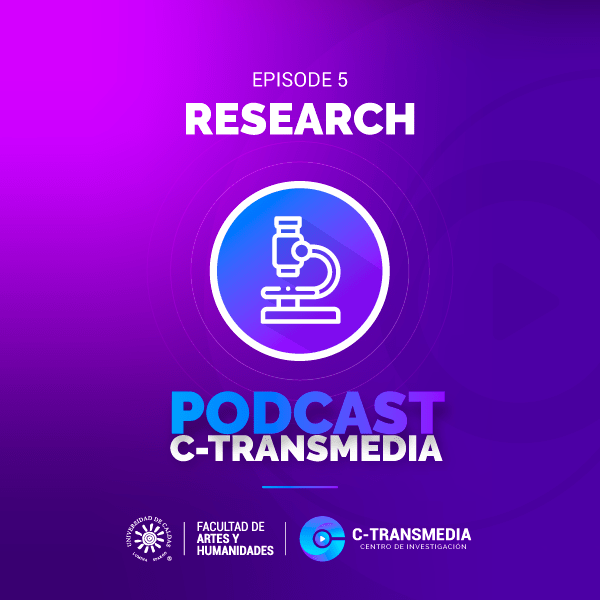
Research
Do we really know what research is? More than searching and discovering, it is a whole world to know. There are many types of research. How does it work in Colombia? Click to learn more.
15.10.2021
Research
María Alejandra Lenis
Communications C-Transmedia
Universidad de Caldas
In many occasions we ask ourselves: How do we create new knowledge? The answer is hidden behind Research, a methodical process in which we try to reach conclusions and hypotheses about a determined subject, being a process in which we acquire and produce knowledge of the unknown subject, as well as it is possible to acquire a critical and reflexive position.
The concept of Research was coined in the 20th century, during a colloquium at the National Institute of Pedagogical Research (I.N.R.P.), although Research has actually been part of humanity since our origins, just at the moment when we began to ask ourselves the Why? Why? and the How? of the things in the world around us. In fact, there is no limit to research; asking ourselves questions during the research process is fundamental to foster curiosity in each of us and thus discover the mysteries of our universe. Therefore, the definition given by the researchers during the colloquium was the following: “it is research in which there is a deliberate action, transformation of reality; research has a double objective: to transform reality and produce knowledge concerning these transformations”.
From that moment different ways of classifying and applying research began to emerge, it can be chronological, qualitative, quantitative, experimental, scientific, artistic, participatory and even Multi, Inter and Transdisciplinary.Today education is being redirected to take into account each of these forms of research oriented to the same objective, i.e. to observe and analyze the same object of study from different perspectives and use their results in different areas of knowledge. Known as STEAM education (Science, Technology, Engineering, Art and Mathematics), the STEAM approach encourages innovation, values real-world application, creates knowledge in specific areas and provides hands-on learning opportunities for students.
In Colombia there are several companies and government projects that have been implementing this new approach in education. Colombian Diana Trujillo is well known in this environment because in addition to leading the Curiosity mission and recently the team of engineers in charge of the robotic arm of NASA’s Perseverance rover, she created with her husband Will Pomerantz, the Brooke Owens fellowship program that provides scholarships and internships to female students interested in pursuing aerospace and aviation careers.
Another Colombian example of bringing science to the public is Camilo Delgado Correal, a very special guest who has been part of this chapter of the podcast. He is a doctor in physics, astronomer, university professor, researcher and astronomy leader at the Bogotá planetarium. He has dedicated much of his life to understanding the evolution of the population of galaxies that inhabit the galaxy clusters, the largest structures in the universe bound by gravity.
For him, promoting interest in the sky around us and the celestial bodies that inhabit the universe is a fundamental part of showing the fact that we are the Universe. His love for research was born when he first observed the Milky Way in the Tatacoa desert, and later when he observed the images of galaxies taken by the Hubble space telescope, he became interested in understanding the variety of forms that can be found in the vastness of the cosmic arena.
In the universe everything is found and STEAM methodologies offer us a way to approach the understanding of the process of building scientific knowledge, in terms of our exercise as researchers it is important to understand what is behind the images taken with our telescopes or what we can even do with the naked eye. For example by using the definition of the number Pi, we can get closer to estimating the size of the universe at different scales.
In this chapter five of the podcast we created a special section called Quick questions, short answers, where we can get to know our guests in more depth, with questions like: If you could meet an important character, in a café, for example, who would it be and what would you ask him/her, if you had the opportunity to change a historical event, what would it be, if you had a superpower for a day, which one would you choose and what would you do with it, and what is the research that you liked the most?
Find out what our special guest answered to the questions and dare to go through this STEAM universe together with Camilo Delgado, Andrea Ortega and Daniel Gómez in our Investigation podcast episode.